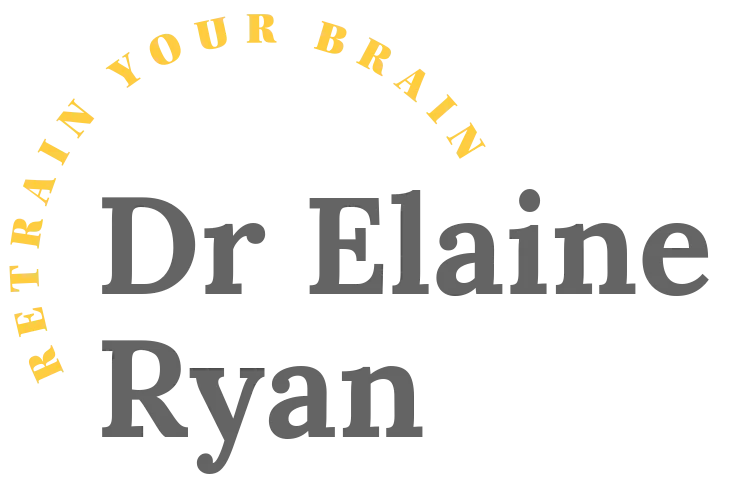CBT for couples counselling
Often when I work with couples, their problems are not about fundamental differences, rather the problems seem to fall under
- communication problems
- arguments about the small things in life (often after the disagreement, the couple does not recall what the original problem was)
- experiencing too much stress in the relationship
The quickest and most effective way to overcome problems such as these is to use Cognitive Behavioural Therapy, CBT.
What is couples counselling?
Couples counseling, also known as couples therapy or relationship therapy, is a type of psychotherapy that supports people in intimate relationships. This form of therapy may be suitable for couples who are experiencing difficulties such as repetitive arguments, feelings of distance or emptiness in the relationship, pervasive feelings of anger, resentment, dissatisfaction, or lack of interest in affection or in a physical relationship with one another.
How does CBT for couples work?
Often during disagreements it has less to do with what is actually happening, and more to do with each persons interpretation of what happened. You have probably had a conversation with someone and they react in a way that you thought was over the top, or too extreme to what was actually going on. Normally, this is due to how we all interpret situations.
CBT helps us to break down what is actually happening in reality and how it is getting played out in our head. For example if you have an argument over something simple like who is to stack the dishwasher. The problem is not the dishwasher, it is usually
- how we think it should be stacked
- whether we think the other person is doing it properly
- how we communicate to the person that we want it done our own way
- whether we stay focused in our head about the dishwasher or get caught up in other thoughts that are not related to what is going on right now. We can often stray from the dishwasher, into feeling we have to do everything ourselves, to feeling nagged. All of these random thoughts affect how we feel ,and before we know it, we have had an argument over things that are usually nothing to do with the dishwasher.
I am aware this is a trivial example, but hopefully you get the idea it is not usually the task in hand that is the problem but how we think about it in our head.
Expectations
When two people meet and decide to have a relationship, they bring more to the relationship than they realise. Thoughts and beliefs on
- how to raise children
- who should do what in the home
- how they should live as a couple
- what involvement there should be from in laws. etc
Whether we like it or not, the person that we are sharing our life with, has their own set of beliefs and values, that may be different from our own. CBT helps us to strip back the beliefs and values of both people and find a shared understanding.
More often than not, two people are suited and okay as a couple. The problems are normally to do with how we think about things, how we communicate and what our expectations of relationships are.
CBT is one approach that helps you to unravel any difficulties you may have, and give you a better understanding of not only yourself, but also your partner and the relationship as a whole.
Are there other models of therapy that can be used?
- Emotionally Focused Therapy (EFT): Helps couples create secure emotional bonds by identifying and exploring underlying emotional experiences.
- Narrative Therapy: Views problems as separate from the individual and seeks to explore people’s narratives to find values, skills, and knowledge to help them overcome problems.
- Integrative Behavioral Couple Therapy (IBCT): Integrates behavioral therapy with individual psychological perspectives to address relationship issues.
- Solution-Focused Therapy: Focuses on finding solutions to specific problems rather than delving into underlying psychological issues.
Limitations
While couples counseling can be highly effective, it may not be suitable or successful for everyone. In some cases, it may not resolve all the issues, and in others, it may not prevent the end of the relationship. Nonetheless, even in such situations, it can help individuals navigate the ending of the relationship in a healthier way and develop better relationship skills for the future.

